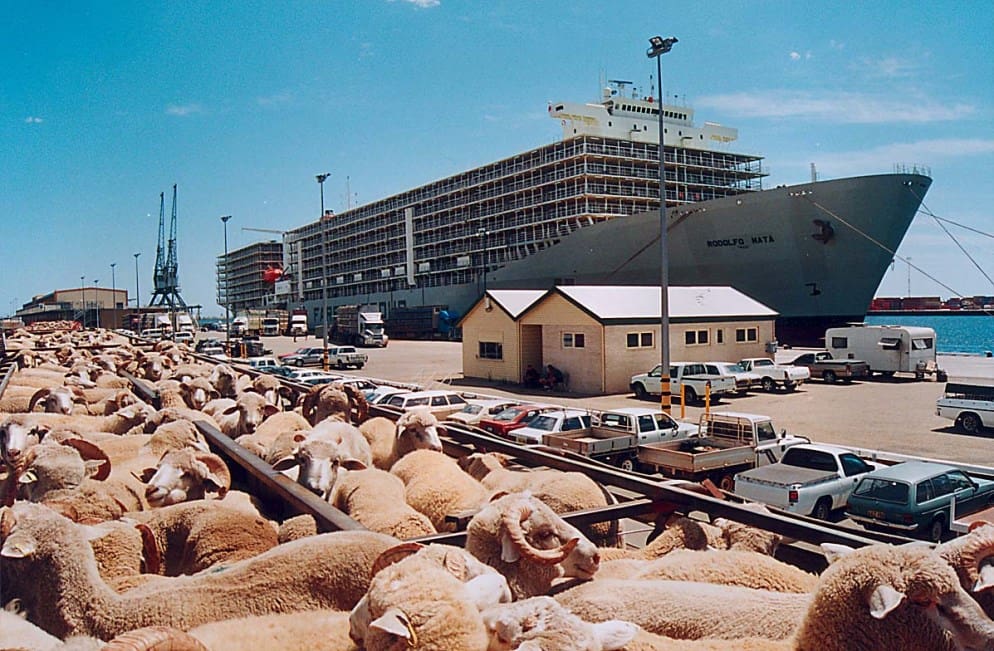
A PLAN to re-open the live sheep trade to Saudi Arabia is bad news for the welfare of Australian animals, according to the RSPCA.
The move by the Australian Government was also likely to damage Australian farming’s international reputation and is a grave risk to the integrity of our animal welfare export assurance scheme, the body said.
RSPCA Australia senior policy officer Dr Jed Goodfellow said that re-opening the live sheep trade to Saudi Arabia was extremely risky and yet another animal welfare disaster waiting to happen.
“Sheep on long-haul voyages to the Middle East are always at high risk of suffering and death.
“But on top of that, the trade to Saudi Arabia is particularly problematic due to the heightened political sensitivities and the government’s long history of rejecting shipments on a whim,” Dr Goodfellow said.
“This could lead to another disaster like the infamous Cormo Express in 2003, where Saudi Arabia rejected a shipment at the last minute based on claims of a disease outbreak, costing taxpayers millions of dollars and resulting in the tragic death of around 6,000 Australian sheep.
“Just last year, Saudi Arabia rejected a shipment from Sudan resulting in approximately 3,000 sheep dying of hunger and thirst, allegedly due to concerns over quarantine procedures,” he said.
Dr Goodfellow said the Australian Government needed to explain to the community what deal had been done, and what measures have been put in place to ensure there wouldn’t be repeats of the many past disasters.
“The Saudi Government has been concerned about ESCAS regulations impinging on its sovereignty for years, but now suddenly, the trade is opening back up again.
“Any watering down of the system or exemptions for Saudi Arabia would be the first step in bringing the whole scheme undone,” he said.
“The Australian Government is flirting with yet another live export disaster with this decision. It looks like a high-risk attempt to prop up a trade that’s in terminal decline.
“It’s well recognised that the future for Australian sheep farmers is meat exports, where the animals are humanely slaughtered on Australian shores in Australian facilities, providing a much-needed economic boost to rural and regional communities,” Dr Goodfellow said.
Australian Livestock Exporters Council chief executive officer Mark Harvey-Sutton said Australian livestock will not be exported into any supply chains that are not ESCAS approved.
“Exporting will be subject to the same regulatory regime and adoption of ESCAS by the Kingdom of Saudi Arabia and this is a positive .”

They are going to get a shock when they find out shippers will be $160 and not the $40 they remember.